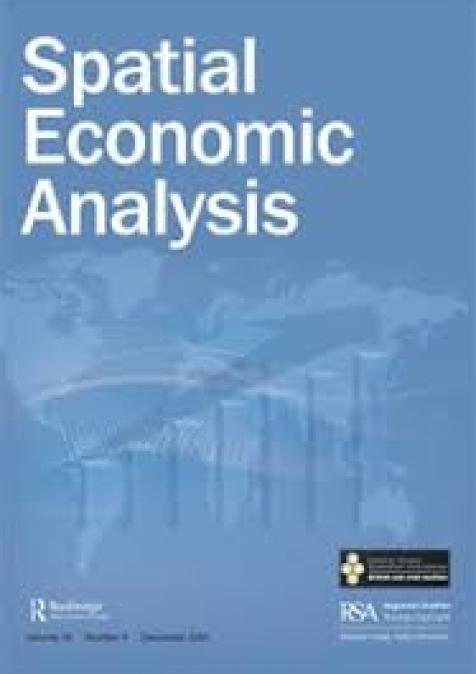Publications /
Paper in Academic Journals
This Paper was originally published on sciencedirect.com
From a time-space perspective, we assess the effects of geographical proximity on technological convergence over time identifying proximity dimensions associated with countries’ technological similarities. We compare a time series of input-output coefficients for 66 different countries extracted from the 2021 edition of OECD Inter-Country Input-Output to verify whether nearby countries are more likely to share similar technologies. Our results reveal that geographical technological spillovers are important since closer economies tend to be more similar than distant ones. This is particularly evident for the European economies in the sample, suggesting that institutional proximity also matters for technological convergence. Over time, closer economies are becoming structurally more similar; however, this trend seems to have slowed down after the 2008–9 financial crisis. Conjectures on how informational gaps are filled in the consolidation of the databases – encountered in an environment of limited information – based on known practices of using regional and global average structures may add a layer of uncertainty to our results.










